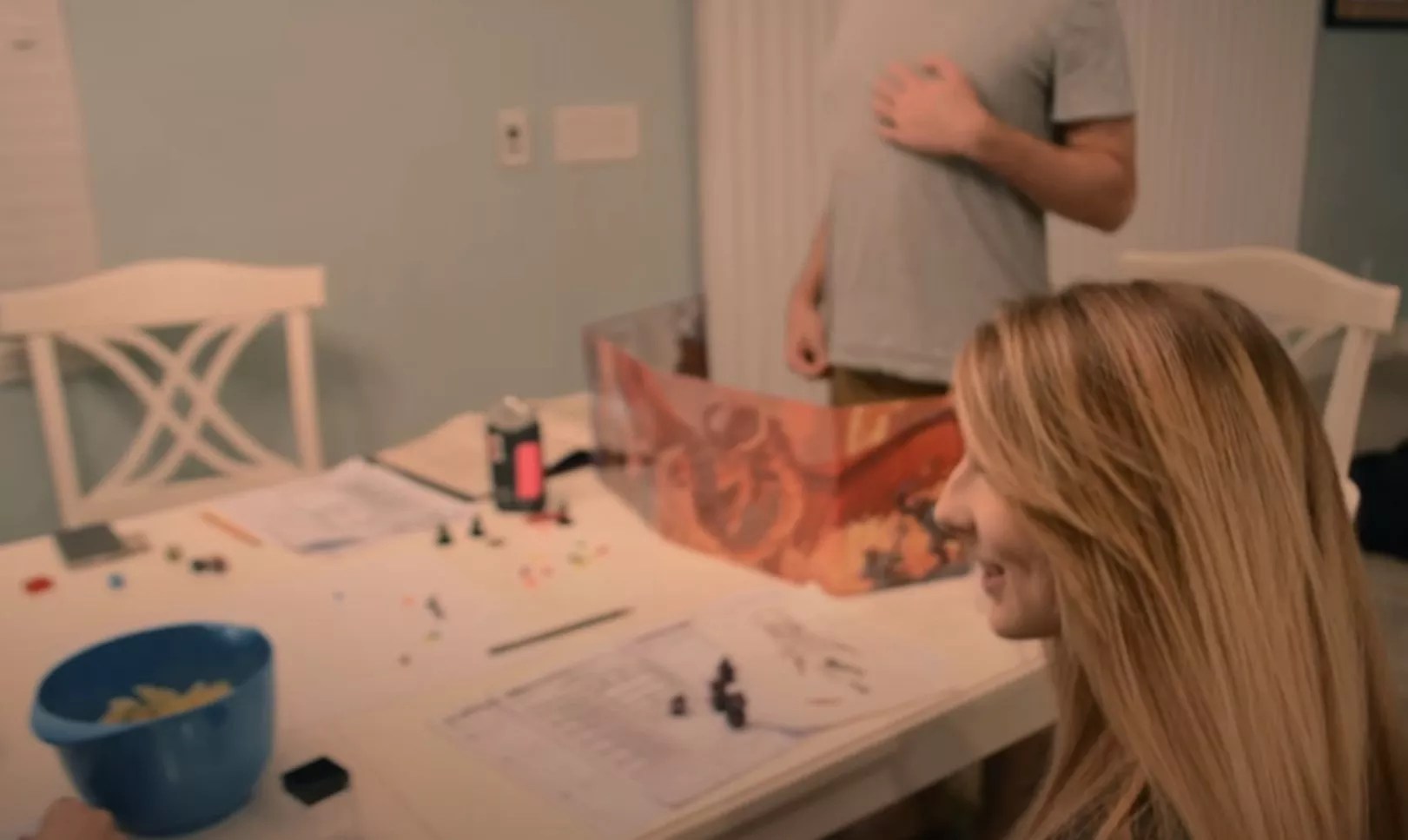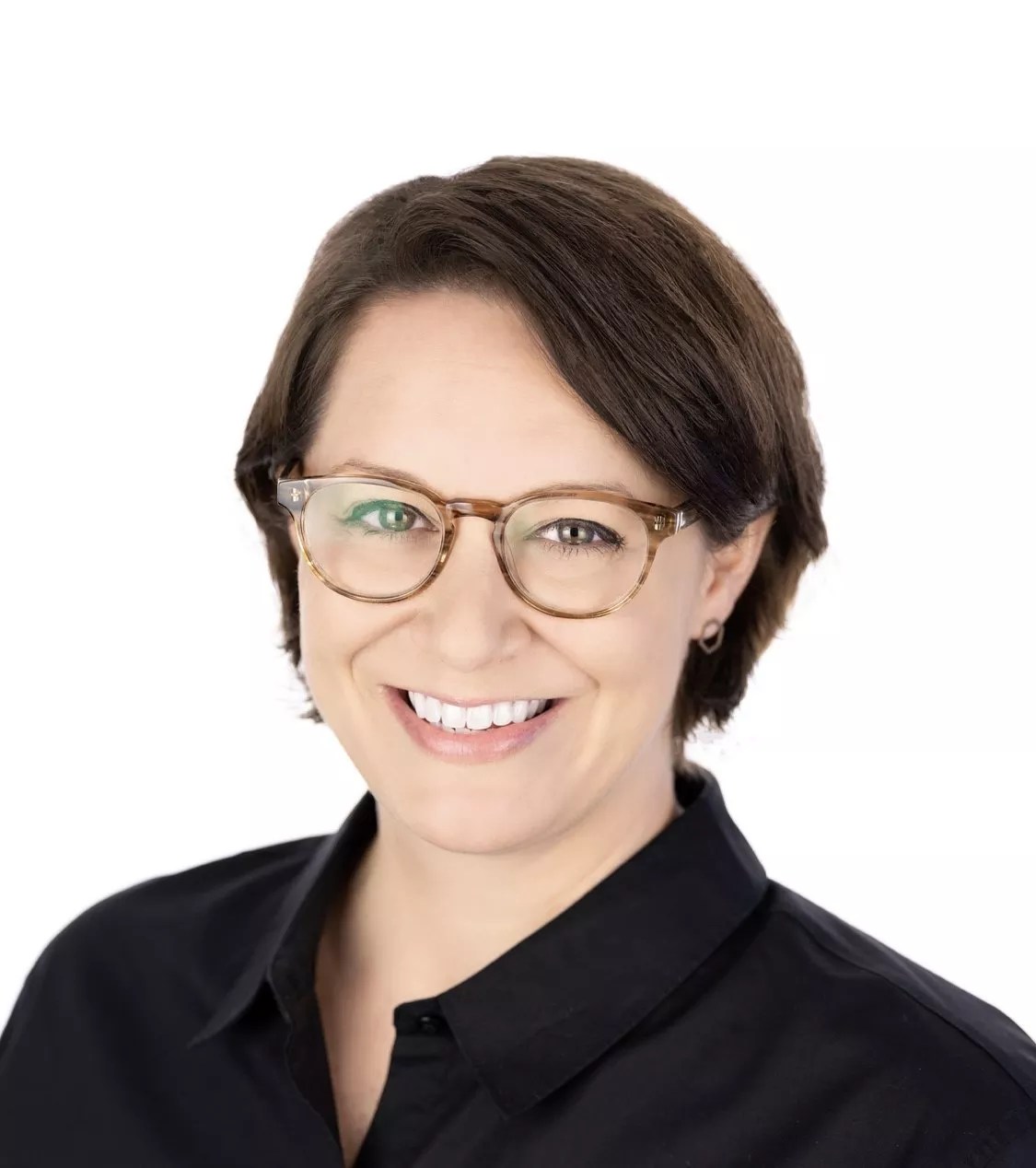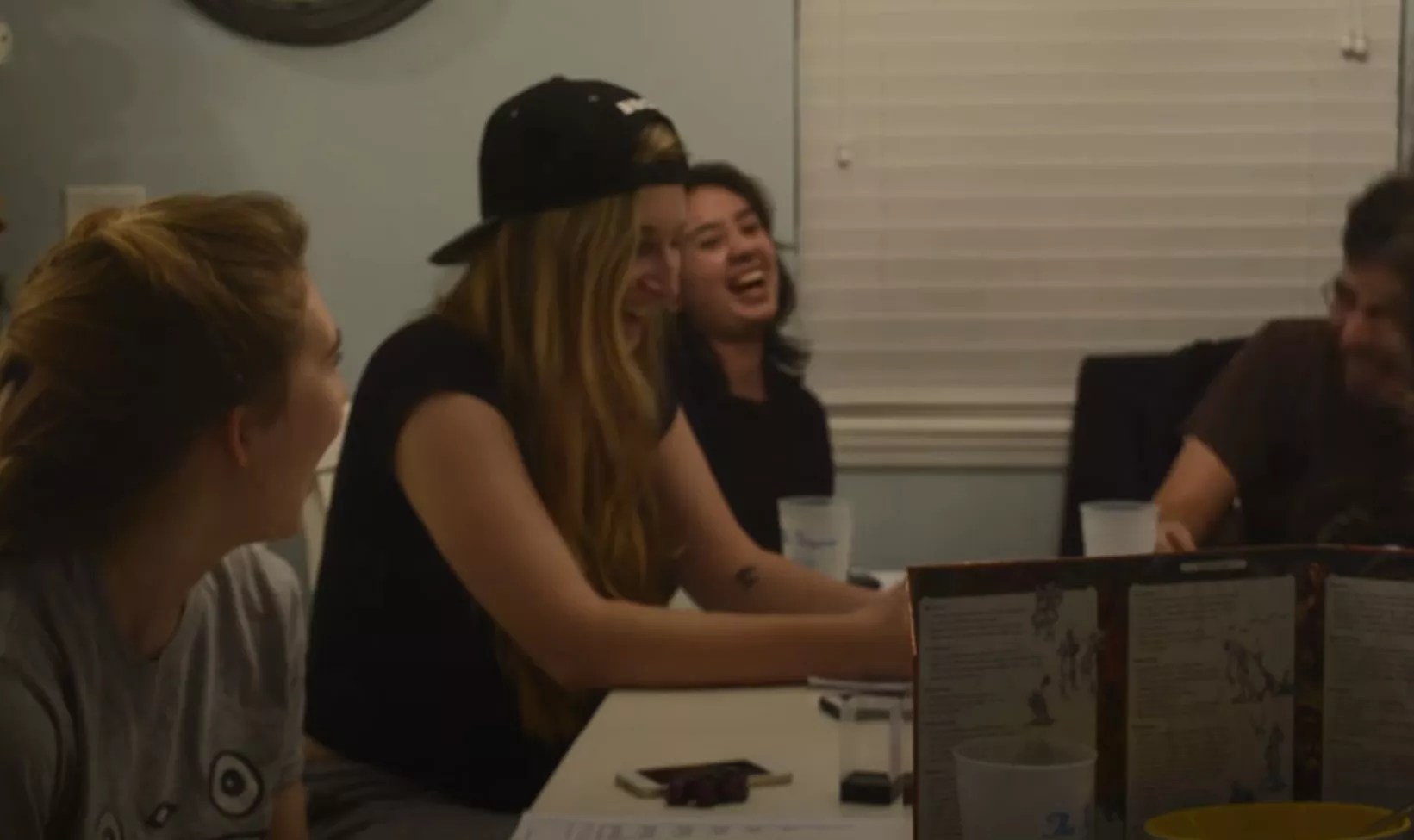

Audio By Carbonatix
The gaming community is known for being welcoming to folks from all walks of life. You’ve got to be open-minded when you participate in a world-building narrative game in which players take on the personas of other genders, alien races, fantasy characters and purposeful heroes. The whole point of tabletop role-playing is to creatively put yourself in the shoes of another; empathy is a natural side effect.
So goes the philosophy behind the Transgender Center of the Rockies (TCR) program, which hosts Dungeons & Dragons (D&D) sessions every other week, both in person and online. The idea is to create community, but it’s more than that: It can also be therapeutic.
The TCR doesn’t just revolve around D&D, of course. The program is part of Mile High Behavioral Health Care, a nonprofit organization that provides services to a variety of often isolated communities. MHBHC’s website specifies that its goal is to get past “significant barriers to service” for marginalized groups to “empower individuals to shape healthy, viable, complete lives.”

Dr. April Owen is the director of the Transgender Center of the Rockies.
April Owen
“We serve both the transgender and nonbinary community,” specifies Dr. April Owen, clinical psychologist and TCR director. “Both youth and adults. We provide both individual and group therapy, case management services, peer support” and more, including a gender-affirming clothing donation center called Marsha’s Closet.
“People can come shop and find stuff that matches their gender expression,” says Owen. Marsha’s Closet is named for Marsha “Pay It No Mind” Johnson, a Black transgender icon who is remembered for her central role in the pivotal Stonewall riot – and as a woman who loved her fashion.
Among the outreach efforts sponsored by the TCR is gaming. “A lot of folks in the trans community are also a part of the nerdy-interests community,” says case manager Joey Kyle-Di Pietrpaolo. “It tends to be an environment that’s welcoming to many, and allows us to look at human existence in a lot of other ways than what we see in typical society.”
It began with simple community nights; at those events, participants would talk about their wish lists of things they’d want to share as a group. Board game night gave way to D&D night, and “that’s the program that really stuck,” according to Kyle-Di Pietrpaolo.
The adventuring has been going on for more than a year, now held every other Thursdays, alternating between in-person and virtual sessions. Kyle-Di Pietrpaolo reports that when the gaming began, it drew maybe four or five people to play. Now the night averages eight to fifteen people, and sometimes needs to break up into different groups.

“We get to explore identity in a world that supports that exploration.”
“It’s an overarching campaign that allows people to come and go as they need,” explains Kyle-Di Pietrpaolo. “That way, no one has to feel bad if they have to miss a night.” And it’s proven pretty popular. “We’ve had players from eighteen to eighty,” she adds. “People who started years back with the first edition, and people who have only been playing an hour. We make it work. It’s lots of fun.”
But the use of D&D is more than just a fun time with pizza, Doritos and Mountain Dew. “From a clinical perspective,” says Kyle-Di Pietrpaolo, “D&D lets us take on roles that we were not given by society. We can play a character of a different gender or sexuality. We get to explore identity in a world that supports that exploration.
“It also sets up community,” she continues. “You build this camaraderie with the other folks you’re playing with. It levels the field: Everyone is coming to play; everyone is coming to do the same thing. We have a lot of members of our community for which social situations have been scary for a long time – fear of aggression from others, difficulties with neurodivergence. This is an environment where you can come, show some interest, and you’ll meet people and be a part of something. It has a structure that brings people together.”
The game is also somewhat of an escape, says Kyle-Di Pietrpaolo. “So no longer am I thinking about the trouble I’m having at home,” she reflects. “I’m thinking about, how do we help the elves deal with the onslaught of the orcs? We’re still using our problem-solving skills, but it’s a safe space in which to make mistakes, fail in situations and learn. But then we can take those lessons and apply them back to the problems we’re having in our own lives, and have the opportunity to think about things in different ways.”
Owen credits the social programming of TCR with successfully bringing the community together. It’s by no means limited to fantasy role-playing; the center also sponsors craft nights, writing groups and other nights involving games such as Vampire: The Masquerade and Magic: The Gathering.
“It does so much for bringing people together – people who don’t always have avenues to find support easily,” she says. “We’re always looking to assess what people are looking for and evaluate what everyone needs to bond and find that community that’s so important to us all.”
Check out all the good work the Transgender Center of the Rockies does at its website; consult its calendar for a list of events, dates and times.